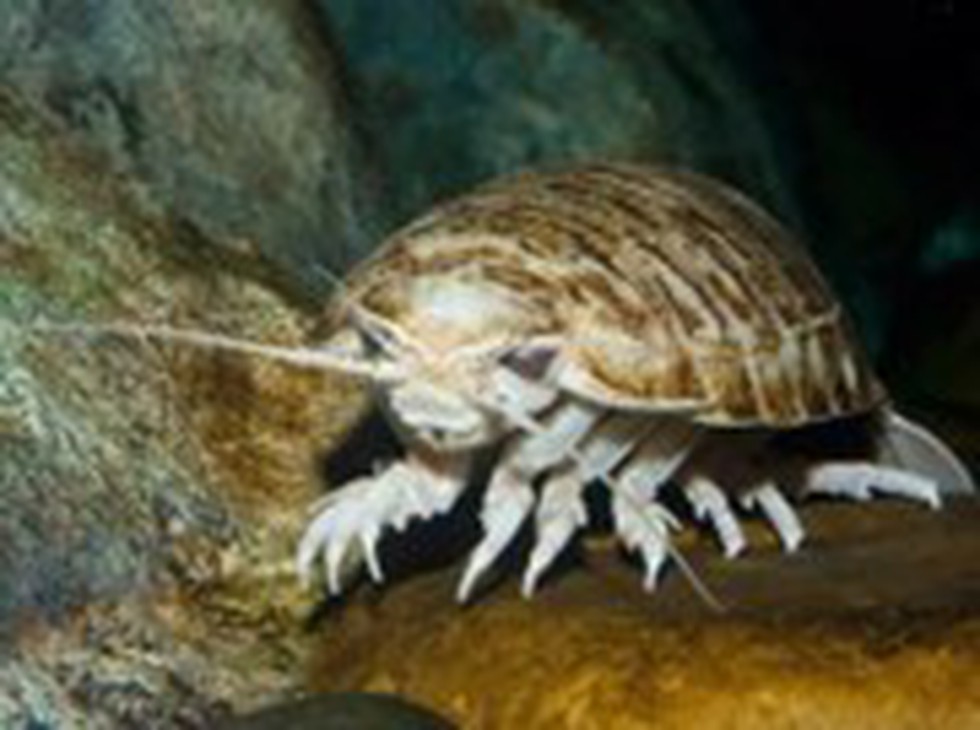A groundbreaking discovery has been made by an international team of marine biologists, led by Dr. Oliver Shipley from the School of Marine and Atmospheric Sciences (SoMAS) at Stony Brook University. The researchers have identified a new species of isopod, a type of crustacean, in the deep waters of The Bahamas. The findings, detailed in a paper published in the journal Zootaxa, underscore the ongoing exploration of ocean life and the potential for uncovering hidden biodiversity.
Isopods, like the newly identified species named Booralana nickorum, are commonly found in various ecosystems across the globe, often measuring only a few centimeters in length. With a history spanning over 300 million years, these creatures play a vital role as scavengers and energy recyclers in deep-sea ecosystems. The discovery of Booralana nickorum at depths exceeding 500 meters in Bahamian waters highlights the cryptic diversity within this group and emphasizes the gaps in our knowledge of deep-sea ecosystems in The Bahamas.
Dr. Shipley, a Research Assistant Professor at SoMAS, believes that marine researchers are just scratching the surface of understanding the marine life in these deep-sea environments. The identification of Booralana nickorum suggests the presence of a potential “treasure chest” of unrecognized biodiversity in Bahamian waters.
This recent discovery is part of a long-term project in The Bahamas’ Exuma Sound, where researchers, including Shipley, are exploring patterns of biodiversity and food web structure. The expedition, conducted in collaboration with OceanX and the Cape Eleuthera Institute, resulted in the recovery of specimens for genetic sequencing and the identification of the new isopod species.
The research team, which includes scientists from the University of Massachusetts Amherst, employed innovative technologies, including 3D models created by Professor Duncan Irschick, to enhance their understanding of the newly discovered isopod. Dr. Shipley emphasizes the importance of studying deep-sea ecosystems in the Caribbean, noting their relative pristine state compared to other regions subject to human exploitation.
As climate change and pollution continue to impact deep-sea environments, the research becomes crucial in establishing a baseline for understanding biodiversity and ecosystem dynamics in these pristine areas. Dr. Shipley’s commitment to education is evident through his annual overseas field course at the Cape Eleuthera Institute, providing students with hands-on experience in exploring sub-tropical ecosystems, including the deep sea. This collaborative effort not only contributes to scientific knowledge but also offers valuable exposure for students actively participating in the process of discovery.
